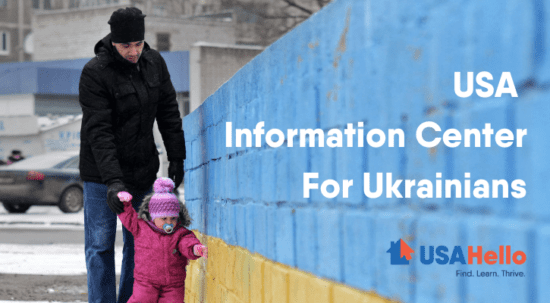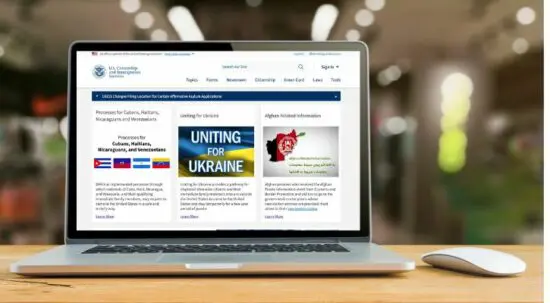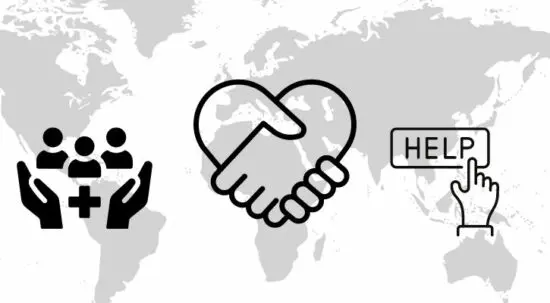El programa ha sido pausado
El Departamento de Seguridad Nacional (DHS) ha pausado el programa de libertad condicional Unidos por Ucrania.
Qué significa esto para los solicitantes
Si esperaba venir a los EE. UU. a través de este programa:
- No se aceptan nuevas solicitudes.
- No se procesará ninguna solicitud pendiente.
- No se emitirán nuevas autorizaciones de viaje.
Lo que esto significa para las personas con libertad condicional
Si ya se encuentra en los EE. UU. con libertad condicional a través de este programa:
- Su estado de libertad condicional podría terminar pronto. Se espera un anuncio al respecto el próximo mes.
- No se puede solicitar una nueva libertad condicional.
- Debes evitar viajar fuera de los EE. UU.
- Los funcionarios de inmigración pueden revisar su caso y decidir terminar su libertad condicional, lo que podría resultar en su expulsión de los EE. UU.
- Debería actuar ahora para buscar otro estatus legal si califica.
Cómo prepararse para la finalización de su libertad condicional
Si actualmente se encuentra en los EE. UU. con libertad condicional, le recomendamos encarecidamente que tome medidas de inmediato:
- Obtén ayuda legalUn abogado de inmigración o un representante legal puede ayudarle a revisar sus opciones . Muchas organizaciones y abogados ofrecen servicios legales gratuitos o de bajo costo.
- Solicitar asilo Si usted califica. La presentación es gratuita.
- Si ha estado en los EE. UU. por menos de 2 años, aún puede estar sujeto a una deportación acelerada incluso con una solicitud de asilo pendiente.
- Solicite TPS Ucrania si califica.
- Conozca sus derechos con ICE y cómo crear un plan de seguridad si termina perdiendo su estatus legal.
| Actualmente, USCIS ha pausado todas las solicitudes presentadas por personas en libertad condicional, como las solicitudes de asilo. Aún así se recomienda que presentes tu solicitud. |

Aprende cómo encontrar ayuda gratuita o de bajo coste de abogados de inmigración y representantes legales de confianza.
La información de esta página procede de Welcome.US, DHS, y otras fuentes de confianza. Nuestro objetivo es ofrecer información fácil de entender que se actualice con regularidad. Esta información no constituye asesoramiento legal.






